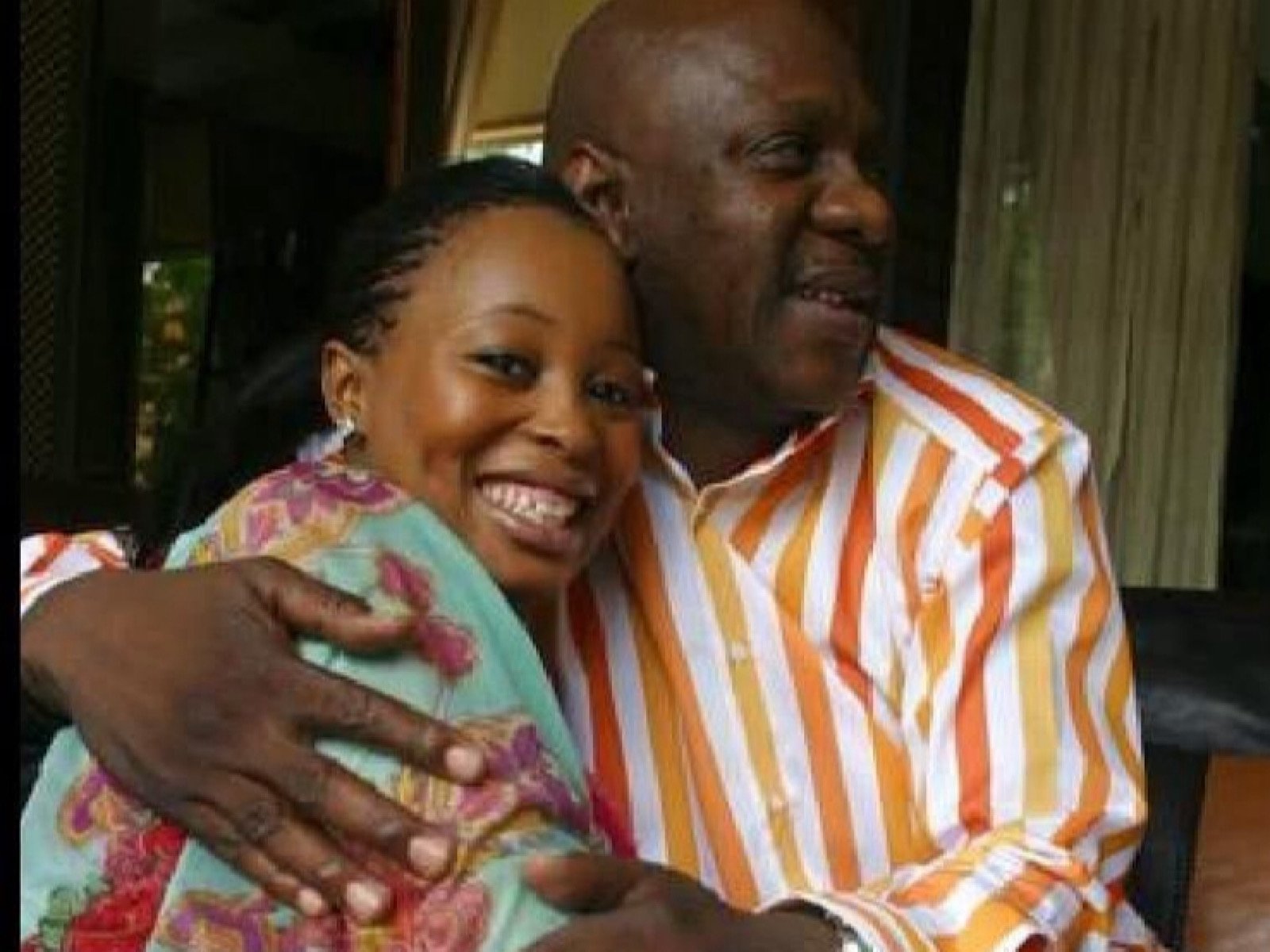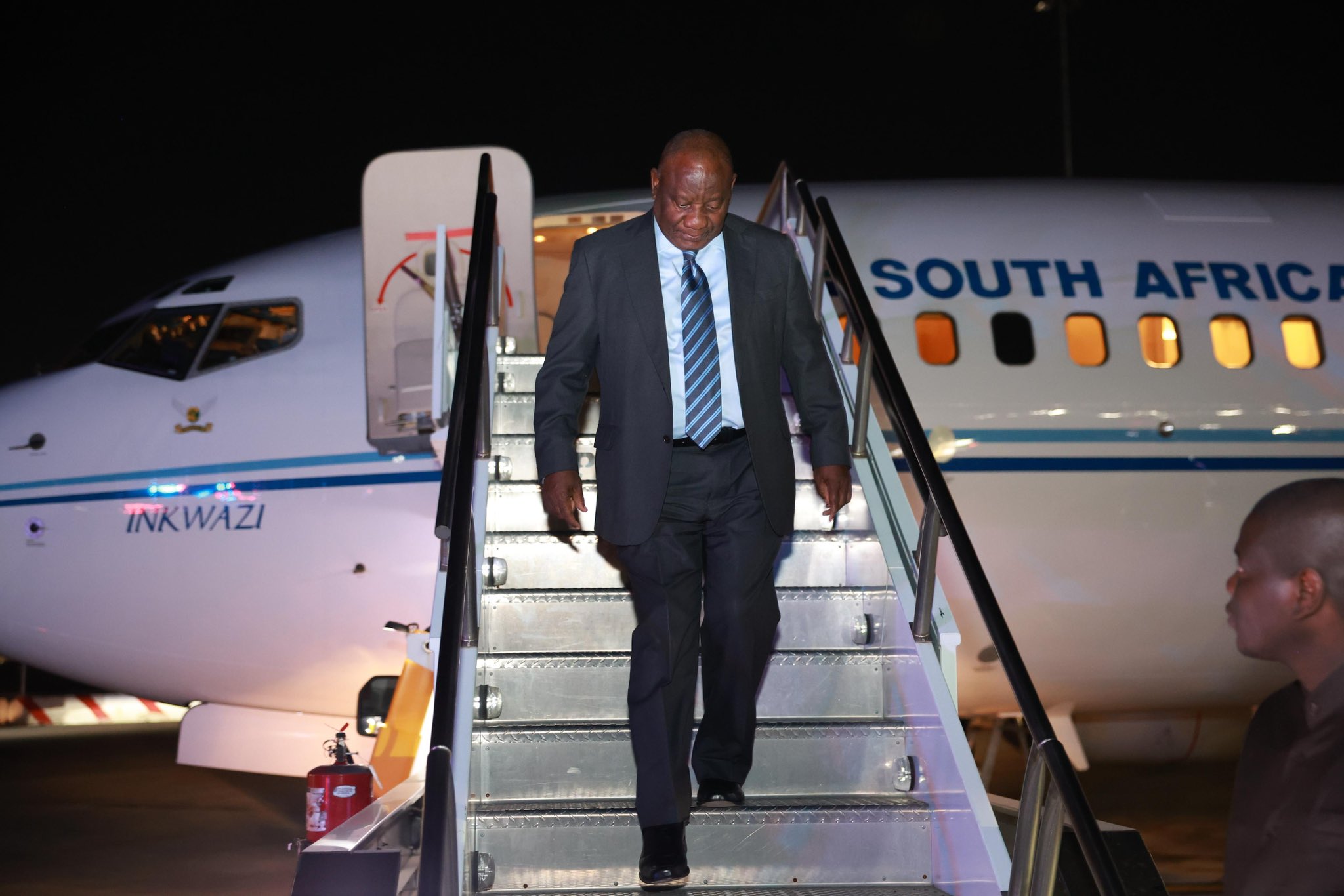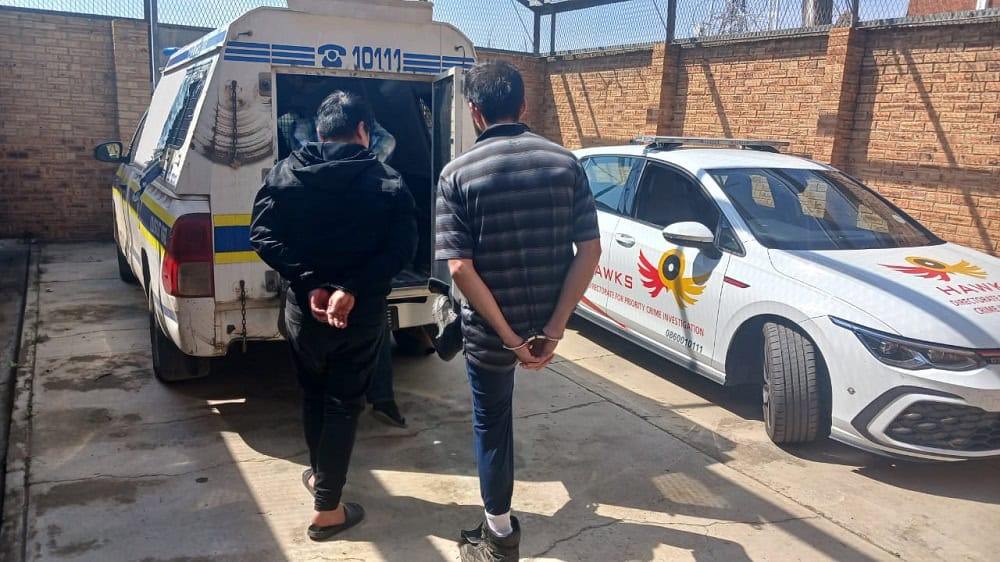By Matthew Hill.
Chinese automakers GWM and Chery plan to start assembling vehicles in South Africa to meet a spike in demand.
September vehicle sales rose 24% year-on-year to 54,700 and are set to return to pre-Covid-19 levels for the first time in 2025, indicating renewed confidence in the country’s economic prospects.
Chery is on track to nearly double sales in South Africa this year to as many as 39,000 units, said Tony Liu, chief executive officer of the local unit.
The company will make a decision on what’s known as a complete knock-down plant in three to six months, he said in an interview on the sidelines of an automotive event in Gqeberha on South Africa’s south coast on Thursday.
“We’re almost there,” he said. “It can be a greenfield, it can be a takeover.”
Companies importing fully built cars from China and India have rapidly grown market share in South Africa, putting severe pressure on manufacturers, who have struggled to compete on price. That’s led to calls for higher import tariffs to better incentivize local assembly and protect jobs.
Automakers including Toyota, BMW, Ford, Volkswagen and Mercedes Benz operate full manufacturing plants in South Africa. Suzuki Motor Corp., which imports most models from India, has seen steep growth in recent years and only Toyota sold more vehicles in South Africa last month.
Chery’s brands, which include Jetour, Omoda and Jaecoo, sold 4,280 passenger cars in the country in September, ranking it fourth, above Hyundai Motor Co. Ford and Kia Corp. GWM was in 6th place in the passenger segment, which Toyota leads.
Moving into an existing plant appears to be the likely direction Chery will take, as it would take longer to build a new one, Liu said. He declined to provide further details on costs or potential facilities that could be taken over.
GWM, a competitor in China that offers its Haval and Tank brands in South Africa among others, is in talks with local assemblers to start joint manufacturing of pick-ups, Conrad Groenewald, chief operating officer at the local unit, said in an interview on Wednesday.
It’s difficult to justify a new local-assembly plant as incentives are linked to onerous local-content requirements and volumes must reach 50,000 vehicles a year, presenting high barriers to entry for a “new kid on the block” such as GWM, he said.
The company’s initial studies indicate it would get a 4% margin improvement from importing a fully built-up vehicle to building a vehicle locally, Groenewald said.
“That’s marginal. We are going to look at something significantly better than that. Maybe in the region of 10%, and that I think will convince the investors to say, right, let’s do it.” GWM expects to grow local sales 20% next year, he said.
[SRC] https://fullview.co.za/chinas-chery-explores-plant-sharing-deals-in-south-africa/
 Visit the website
Visit the website






